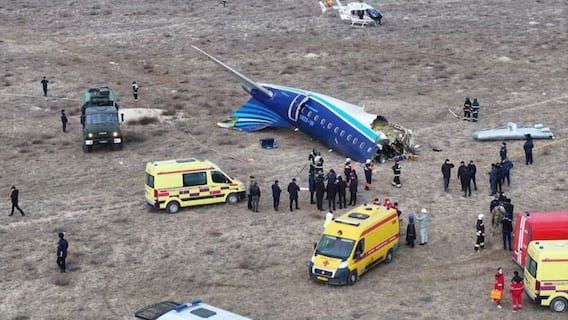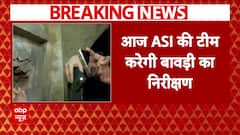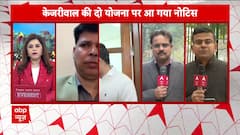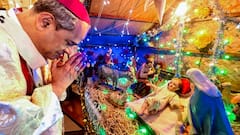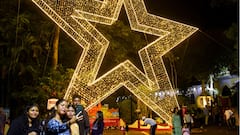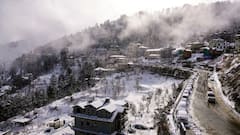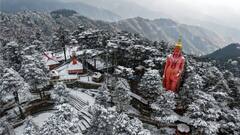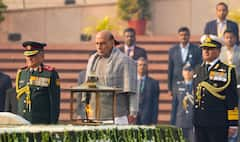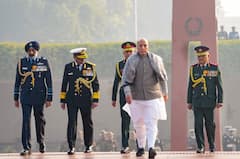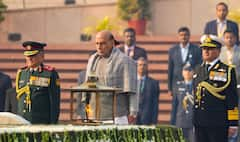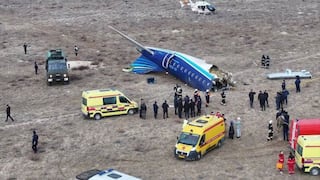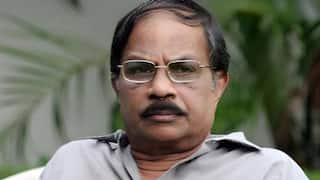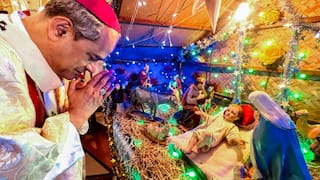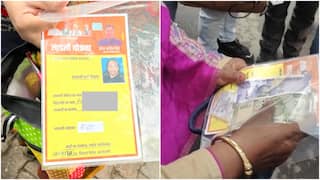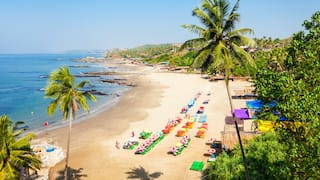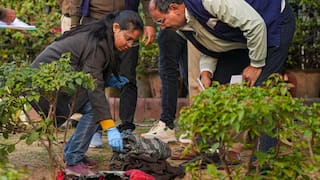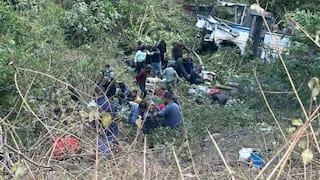Sri Lanka Still Open To Buying Russian Oil, Says PM Ranil Wickremesinghe Amid Fuel Crisis
Sri Lanka is trying to source oil and coal from the country’s traditional suppliers in the Middle East, and in case it fails to do so it may go to Russia again

New Delhi: Sri Lanka may be forced to buy more oil from Russia to tackle a massive fuel shortage amid an unprecedented economic crisis, said the newly appointed Prime Minister Ranil Wickremesinghe on Saturday. Wickremesinghe said he would consider other sources, but remain open to buying more crude from Moscow, reported AP. Western nations have imposed a ban on energy imports from Russia in line with sanctions over its war on Ukraine.
In an interview with the AP, Wickremesinghe also hinted at seeking financial help from China, despite his country’s mounting debt. Although the PM acknowledged that Sri Lanka’s current predicament is of “its own making,” he stated that the war in Ukraine is making it even worse — and that the dire food shortage could continue until 2024. He also informed that Russia offered wheat to Sri Lanka.
ALSO READ: Maintaining Good Relationship Meets Interests Of Both India & China: General Wei Fenghe
The island nation bought a 90,000-metric-ton (99,000-ton) shipment of Russian crude recently to resume the operation of its only refinery. Wickremesinghe did not confirm whether more orders were in the pipeline. But noted that Sri Lanka is desperately in need of fuel, and currently looking to source oil and coal from the country’s traditional suppliers in the Middle East. “If we can get from any other sources, we will get from there. Otherwise (we) may have to go to Russia again,” he said.
Officials are negotiating with private suppliers, but Wickremesinghe said one issue they face is that “there is a lot of oil going around which can be sourced back informally to Iran or to Russia.” “Sometimes we may not know what oil we are buying,” he said. “Certainly we are looking at the Gulf as our main supply.”
In order to support the battered economy, Sri Lanka will need about $3.3 billion for fuel imports, $900 million for food, $250 million for cooking gas and $600 million more for fertiliser this year, Prime Minister Ranil Wickremesinghe told Parliament, according to Reuters.
The central bank has projected the economy will contract by 3.5 per cent in 2022, said Wickremesinghe. However, he was confident growth could return with a strong reform package, debt restructuring and international support.
Trending News
Top Headlines





